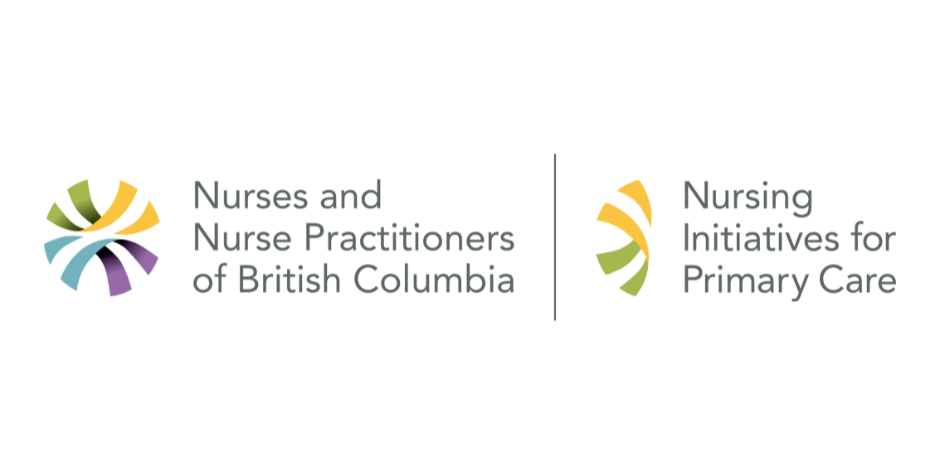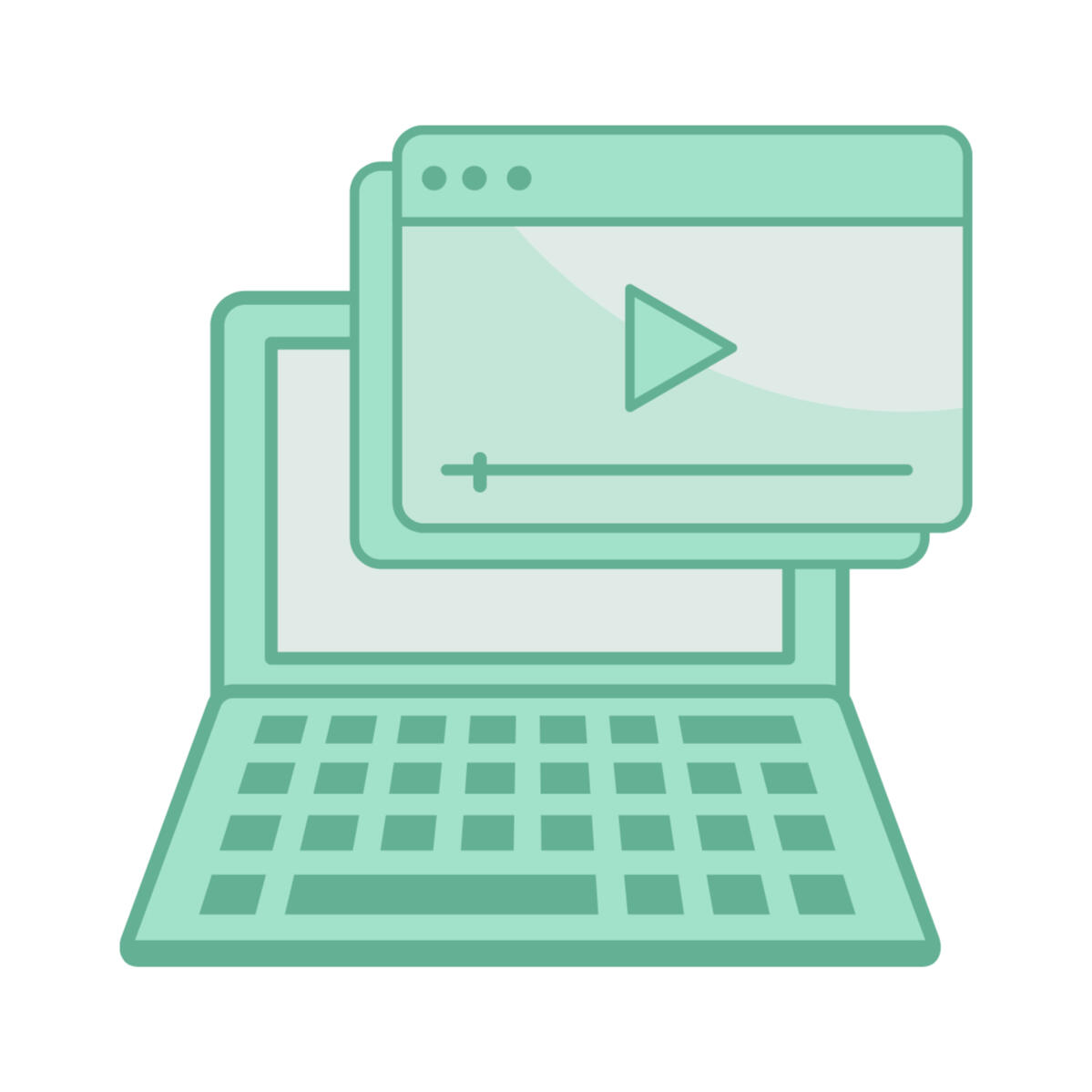
New Encounter Codes for Primary Care Nurses
New encounter codes are active as of October 1, 2025.Over the last year, The Ministry of Health undertook a significant and thoughtful review of the encounter codes, guided by extensive consultation with nurses across the province. This collaborative effort demonstrated a strong commitment to ensuring the codes were practical, relevant, and aligned with the realities of nursing practice. We gratefully acknowledge the dedication of this team and expertise of the nurses who contributed their insights, helping shape a system that better supports care delivery and documentation.This page is your one-stop hub to learn about the changes, access resources, and view webinar recordings. The resources provided on this site are intended for non–health authority nurses. If you are employed by a health authority, please consult with your management and professional practice team before using or applying these materials.
NURSES
This is your hub for practical resources, events, and learning supports through this transition

Latest Resources
Find guides, documents, and short videos to build a clear understanding of encounter coding for primary care nurses.

Events & Recordings
View webinar recordings or reach out to our team if you want to have a focused 1:1 learning session.
LATEST RESOURCES
The following resources and videos have been developed by NNPBC with the support of the Ministry of Health. They are designed to provide primary care nurses with the essential information needed for the rollout of the new encounter codes. These materials are not intended to be exhaustive. If you notice any errors or inconsistencies, please contact our team so we can address them.
Project Overview Video
In this video, Patti explains the key changes coming to Encounter Codes, why these updates are happening, and why accurate coding is important for nurses.
What's Changing?
In this video, Shannon explains the key updates to Encounter Coding for primary care nurses - what’s new, why it matters, and how it will affect practice.
Key Definitions
Setting up your MSP & Payee Number
Case Examples
This document shares 10 different clinical scenarios and provides examples of the possible ways to code each using the new encounter codes.
Frequently Asked Questions
Our team will regularly update this section with common questions and answers. Check back often to see the latest updates.
EVENTS & RECORDINGS
Webinar Recording
Our team hosted a series of webinars designed specifically for primary care nurses. If you are not a primary care nurse and would like to learn about the changes, please visit the Primary Care Circle page to see webinars and resources tailored for you.The webinar recording and presentation slides are available below
[September 23, 2025]
Encounter Coding Essentials: What Primary Care Nurses in BC Need to Know